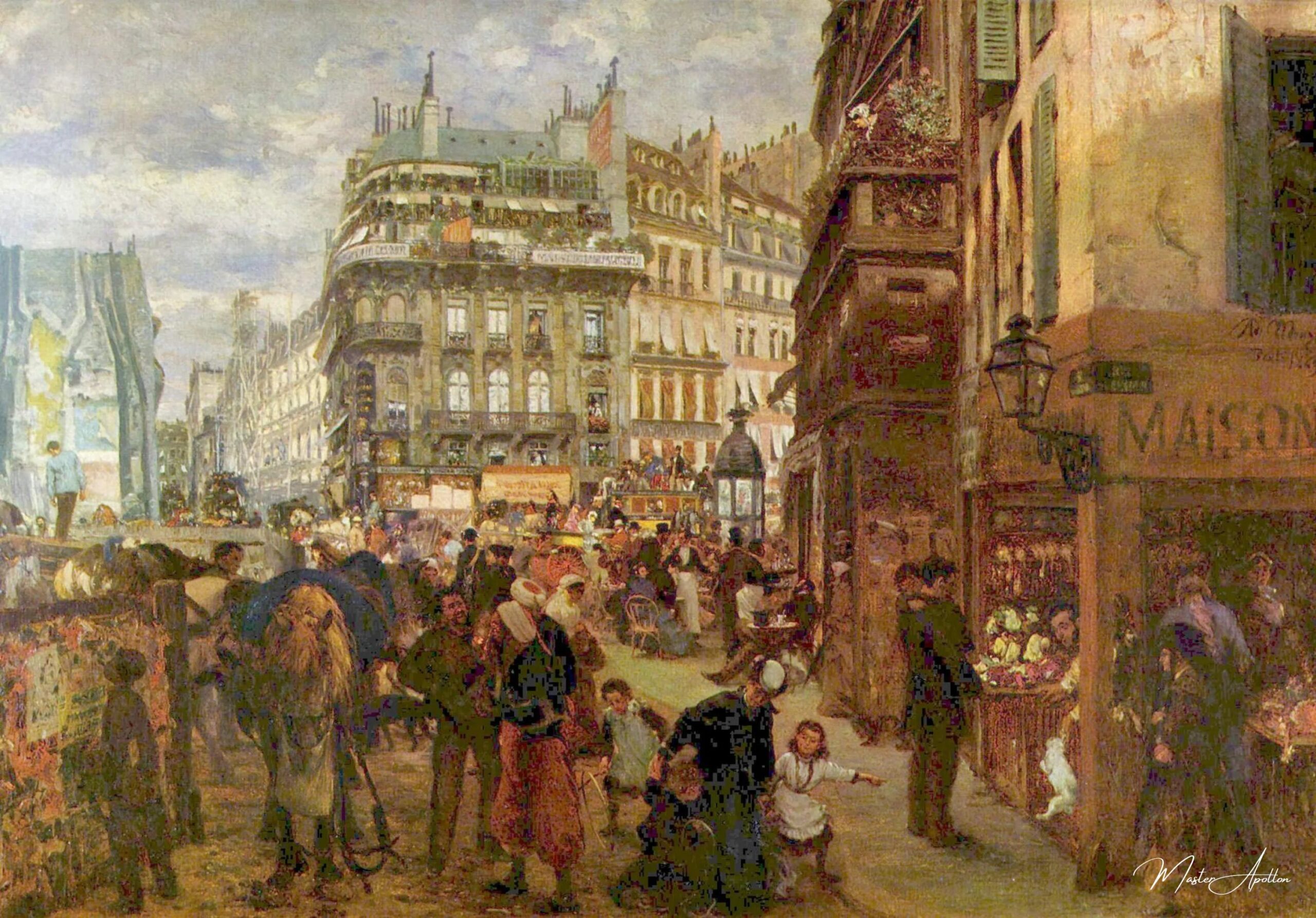Latin carried in its verbs the whole mystery of the word Sacred. Sacrificare is formed from sacer/Holy and facere/to make. To sacrifice means to make Holy; to lift the ordinary thing into the Light of heaven. The loaf of bread, the fruit, or the cup of drink, once touched by blessing, ceased to be mere matter and became a sign of communion. Religare/religion is built from re/again, and ligare/to bind. To bind again is to restore what was broken, to tie once more the rope between Spirit and flesh. These two roots show that consecration is the constant work of making Holy and binding again, so that nothing in life remains without a bridge to the eternal.
Such clarity may seem distant from the act of drinking a beer. But even this drink carries a chain of Sacred memory. Brewing is older than many temples, and the monastic houses of Europe, above all the Trappist cloisters of Belgium, raised it to devotion. Monks brewed as part of their rhythm of prayer and labour (ora et labora), giving to the world a drink born of grain, water, yeast, and patience. To take such a glass in hand is to touch something shaped by prayer. And even the common toast, the clinking of two cups, although often emptied of meaning, still carries the spark of religare. To lift a cup before another is to acknowledge heaven and earth, letting a gesture of the body speak the language of spirit.
I. The Gesture of the Cup
The human hand has always known the language of elevation. To raise bread or drink before partaking is a universal sign that matter belongs to heaven. A toast, even in its most casual form, is a faint survival of this instinct. The touching of glasses carries within it the recognition that companions share not only liquid but Spirit. The vibration of two vessels meeting affirms a bond that words alone could not seal. In the ancient world these gestures were prayers without books, the liturgy of the common table.
Beer itself carries the same law. Grain is buried in the soil, watered by rain, raised by sun, and then harvested by human hands. Fire heats the water, yeast ferments in silence, and what was once barley becomes living drink. Each stage mirrors a passage of death and rebirth. To drink beer is to take into the body a work of nature transfigured by time and patience. When blessed, the drink ceases to be casual; it becomes sacrament of earth’s hidden labour, consecrated through human gratitude. The cup is a reminder that the Divine hides in common things, awaiting only recognition.
II. Monastic Ale and the Cloistered Flame
The monasteries preserved the knowledge that brewing can be prayer. In Belgian Trappist houses, vats of fermenting ale stood beside the chapel, and the same hands that turned the pages of psalters also stirred the mash. Brewing was the continuation of praise. The cask became an echo of the altar; the yeast’s silent work mirrored the monk’s silent devotion. The four elements united in brewing just as they united in the body of man; water, earth, air, and fire transmuted into a nourishing and luminous drink.
The beer produced by these hands was also offered to guests, to travellers, to the poor who knocked at the gate. To share a cup was to share the life of the cloister itself. In such ale could taste vigils, chants, labour, silence. The cloister gave to the world a proof that consecration enters matter, shaping even fermentation into praise. The bottle or glass received outside the monastery carried with it that hidden fire. Whoever drank with awareness partook of the prayer that brewed it.
III. Above and Below
To raise a glass in blessing is to enact the axis of the world. The hand moves upward, calling Light from above, whereas the drink flows downward into the body, joining heaven with earth. The rope of religare is woven once more. The drinker becomes the meeting point of two realms.
The act teaches that nothing in creation is too small for consecration. A sip of beer can become a path of ascent if taken with remembrance. The clink of glasses can awaken communion if given with reverence. The sacred breathes in the ordinary, waiting for man to notice. Bread and wine were blessed in the Gospel at supper.
To consecrate the ordinary is to live without division. Each gesture becomes capable of sacrifice. A simple glass of beer, when raised with gratitude, becomes offering and answer.
Fiat Lux.
